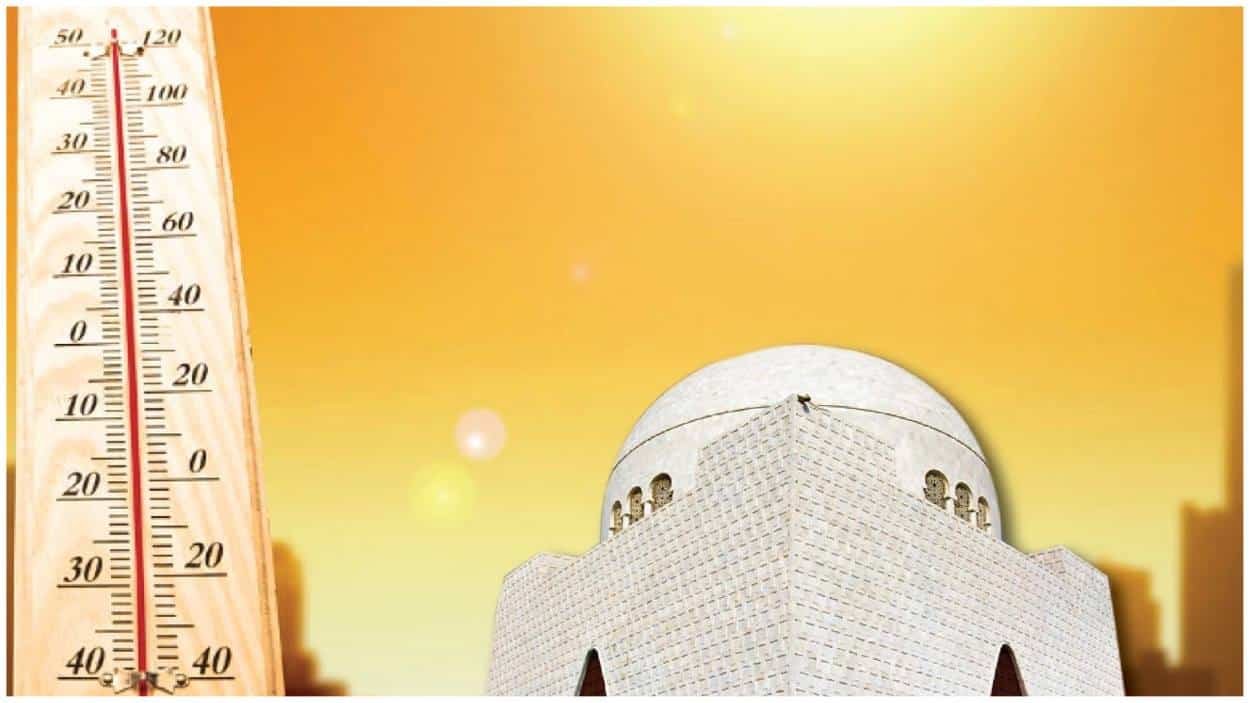Karachi authorities launched an investigation into recent mysterious deaths linked to a severe heatwave and power outages.
On June 26, the National Electric Power Regulatory Authority (NEPRA) ordered K-Electric’s CEO to report within three days following these incidents.
The Edhi Foundation’s statement prompted NEPRA to demand a comprehensive report from K-Electric, exploring possible negligence in the fatalities. This inquiry addresses the direct causes—heat, hypothermia, or electricity shortages.
Additionally, the probe will determine if K-Electric’s actions contributed to the deaths related to Karachi heatwave, guiding future NEPRA decisions. Despite K-Electric’s denial of unexpected outages, investigations continue.
Read: Heatwave Crisis in Karachi: Over 800 Deaths Reported in Eight Days
NEPRA’s request led to data collection efforts in Sindh hospitals, though many declined to release information without proper authorization. Certain hospital officials believe only autopsies can confirm heatstroke as a cause of death, a procedure the families of the deceased resisted.
In Pakistan, hospital death certificates often list cardiac failure as the cause for individuals pronounced dead upon arrival. Doctors typically label such cases as “dead on arrival” when no autopsy is conducted. However, one medical professional emphasized the importance of post-mortems to determine the cause of death accurately.






